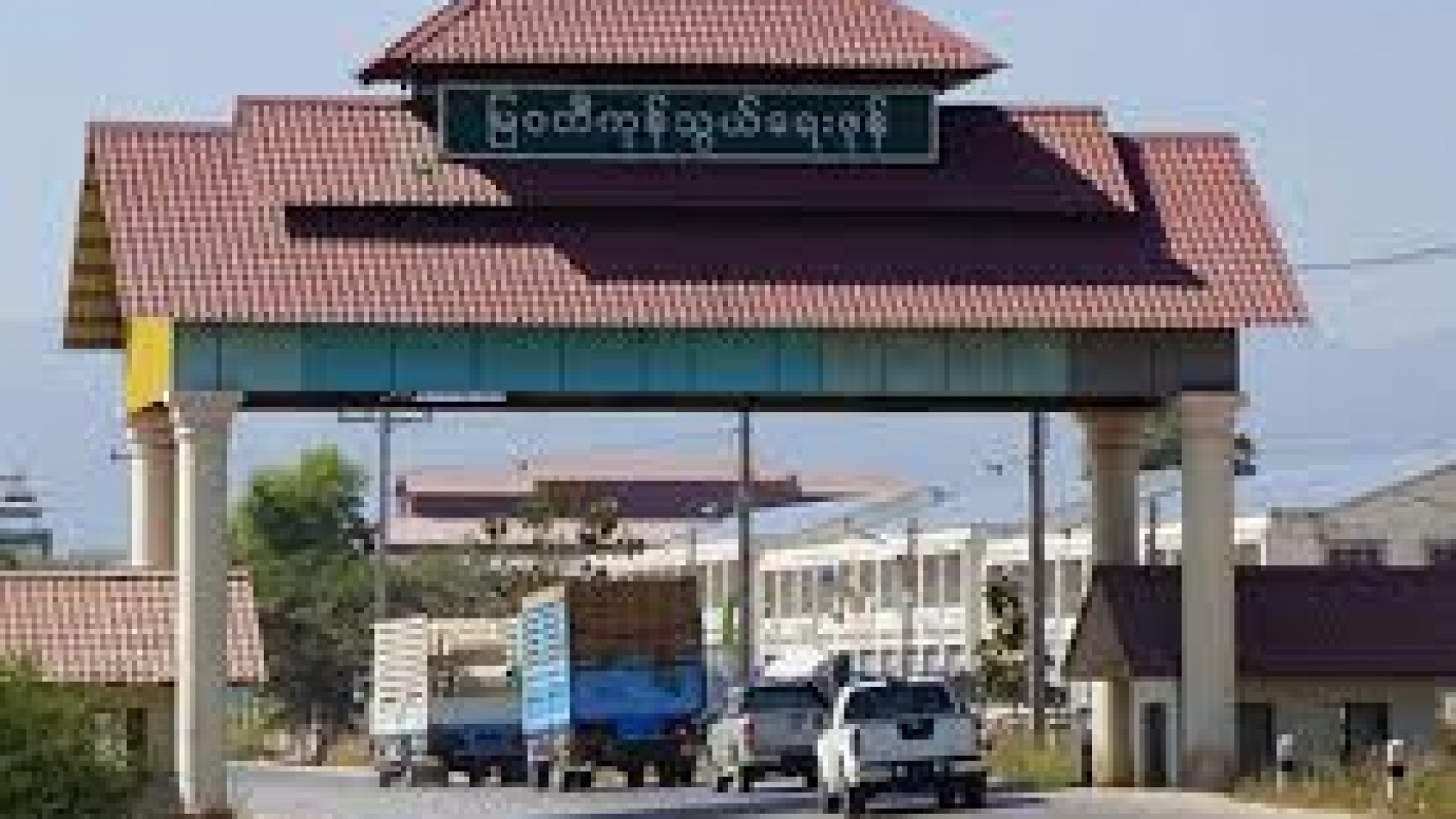The border trade through Myawady between Myanmar and Thailand climbed up to US$1.9 billion between 1 October and 24 September in the financial year 2020- 2021, reflecting an increase of $705.47 million as against a year-ago period. The trade through Myawady border stood at over $1.19 billion in the corresponding period of last FY2019-2020. Myawady-Maesot border trade remains normal amid the COVID-19 restrictions, according to the Myawady Chamber of Commerce. We have experienced trade suspension via Myawady in October 2020. The halt in trading undoubtedly harms the traders and lorry drivers from both sides. It is good that trade does not stop at the present time, said a trader from Myawady.
At present, Myawady border does not have trade barriers except for transaction problem, as per the Myanmar Corn Industrial Association. Myanmar is currently shipping thousands of tonnes of corn to Thailand through the Myawady land border every day. Myanmar is allowed for corn export between 1 February and 31 August with Form-D, under zero tariff. Myanmar corn exports were exempted from tax between February and August. Thailand imposed 73 per cent of tax on corn import to protect the rights of their growers if the corn is imported during the corn season of Thailand, in accordance with the notification of World Trade Organization regarding corn import of Thailand.
During last budget year, Myanmar has increasingly exported corns to Thailand through the Myawady land border. Myanmar’s corn exports to Thailand significantly soared to over 1.2 million tonnes through border crossings between Myanmar and Thailand during October and May period in the FY2019-2020, said an official of the Ministry of Commerce. There are seven border posts between Myanmar and Thailand, Tachilek, Myawady, Kawthoung, Hteekhee, Myeik, Mawtaung and Meisei. Majority of the border trade with Thailand is conducted via Myawady. Myanmar primarily exports corn, natural gas, fishery products, coal, tin concentrate (SN 71.58 per cent), coconut (fresh and dry), beans, and bamboo shoots to Thailand. It imports capital goods such as machinery, raw industrial goods such as cement and fertilizers, consumer goods such as cosmetics and food products from the neighbouring country.
Source: The Global New Light of Myanmar

